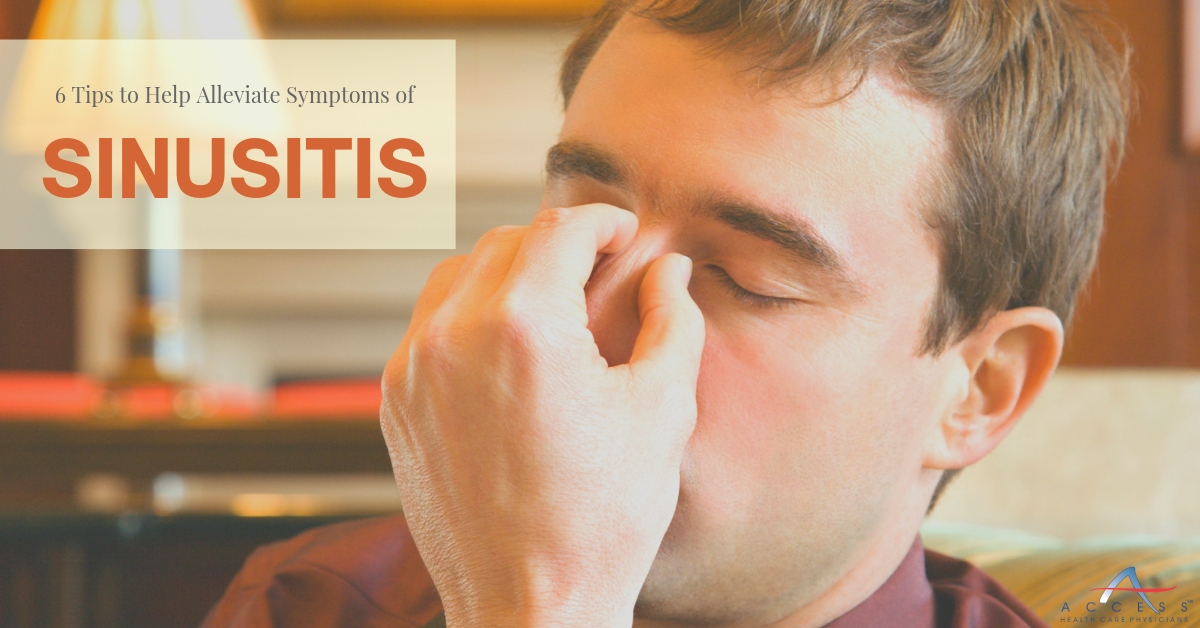Persistent cold symptoms that have troubled you for too long may actually be sinusitis. Read on to get more information about this respiratory illness, and what steps you can take to alleviate the agony sinusitis brings along with it.
Underneath your face, a set of voids known as sinuses, flank the nose and are responsible for the generation of mucus. Mucus, an essential body fluid, acts as a protective agent and inhibits allergens and pathogens from invading the body. It also helps in keeping parts of the body like the mouth, nose, throat, GI tract and lungs moist. In a healthy body, the mucus flows easily into the nasal cavity, keeping the airways clear. Unfortunately, when the same mucus starts blocking the airways due to inflamed sinuses, it can lead to symptoms like headaches, facial pain, and breathing difficulty. An excess of mucus creates an environment that is perfect for bacteria and viruses to thrive. There are numerous things that can lead to such a situation including a cold virus, allergies or deformities like nasal polyps.
Sinusitis symptoms can pose as a major hindrance to normal daily functioning and can negatively impact your ability to achieve optimum efficiency. Here are some things you can do to deter a common cold from exploding into full-blown sinusitis:
- Cleanse Nasal Passageways Twice a Day – Nasal Irrigation is an excellent way to keep the nasal lining lubricated. Saline water also helps drain out the pathogens.
- Add Immunity-Enhancing Foods to Your Diet – Certain foods are known to fortify the body’s immune system. Some examples are turmeric, onions, ginger, green tea and cloves.
- Try Adding a Humidifier – Dry, hot heat can irritate nasal passages and sinuses. Be sure to keep the humidifier clean and free of mold.
- Avoid Anti-Histamines – Unless your condition has allergic roots, steer clear of anti-histamines. These drugs can thicken the mucus and make it more difficult to drain.
- Prop Your Head Up When Sleeping – Keeping your head elevated, by making use of pillows, is helpful in preventing your mucus from accumulating in the sinuses.
- Avoid Infections – Aim to minimize contact with those with colds. Be sure to practice regular hand washing and work with your doctor to keep allergies under control.
If you are unable to resolve your problem by practicing some of these tips or you experience any of the following symptoms, be sure to see a doctor soon:
- The symptoms return multiple times and they don’t seem to respond to treatment.
- Your symptoms have lasted more than 1 week.
- High fever, swelling or redness around eyes, severe headache, confusion or a stiff neck may indicate a series infection and should be addressed by a physician immediately.


